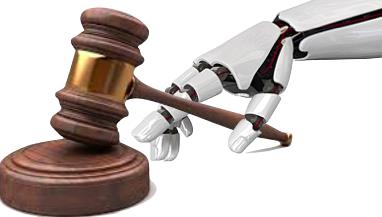In a counterpoint to the ideas represented by the “Weapons of Math Destruction” concept – how algorithms could reinforce inequality and prejudice (refer to our post ‘How Algorithms Can Become Weapons of Math Destruction‘), the HBR paper ‘Want Less-Biased Decisions? Use Algorithms‘ discusses the fact that algorithms lead to less bias.
 “Critiques and investigations [about the perverse effects of algorithms] are often insightful and illuminating, and they have done a good job in disabusing us of the notion that algorithms are purely objective. But there is a pattern among these critics, which is that they rarely ask how well the systems they analyze would operate without algorithms. And that is the most relevant question for practitioners and policy makers: How do the bias and performance of algorithms compare with the status quo? Rather than simply asking whether algorithms are flawed, we should be asking how these flaws compare with those of human beings.”
“Critiques and investigations [about the perverse effects of algorithms] are often insightful and illuminating, and they have done a good job in disabusing us of the notion that algorithms are purely objective. But there is a pattern among these critics, which is that they rarely ask how well the systems they analyze would operate without algorithms. And that is the most relevant question for practitioners and policy makers: How do the bias and performance of algorithms compare with the status quo? Rather than simply asking whether algorithms are flawed, we should be asking how these flaws compare with those of human beings.”
The paper then quotes a number of studies and papers showing that automation reduces dramatically mistakes and some biases in human decision-making. An effort still needs to be made to ensure algorithms are not biased, however following public awareness a lot of activities are happening in that field, including publication of the source code of some key algorithms. The paper thus rather takes a positive view on the subject. Let’s keep a tab to see how it evolves over the next few months!
